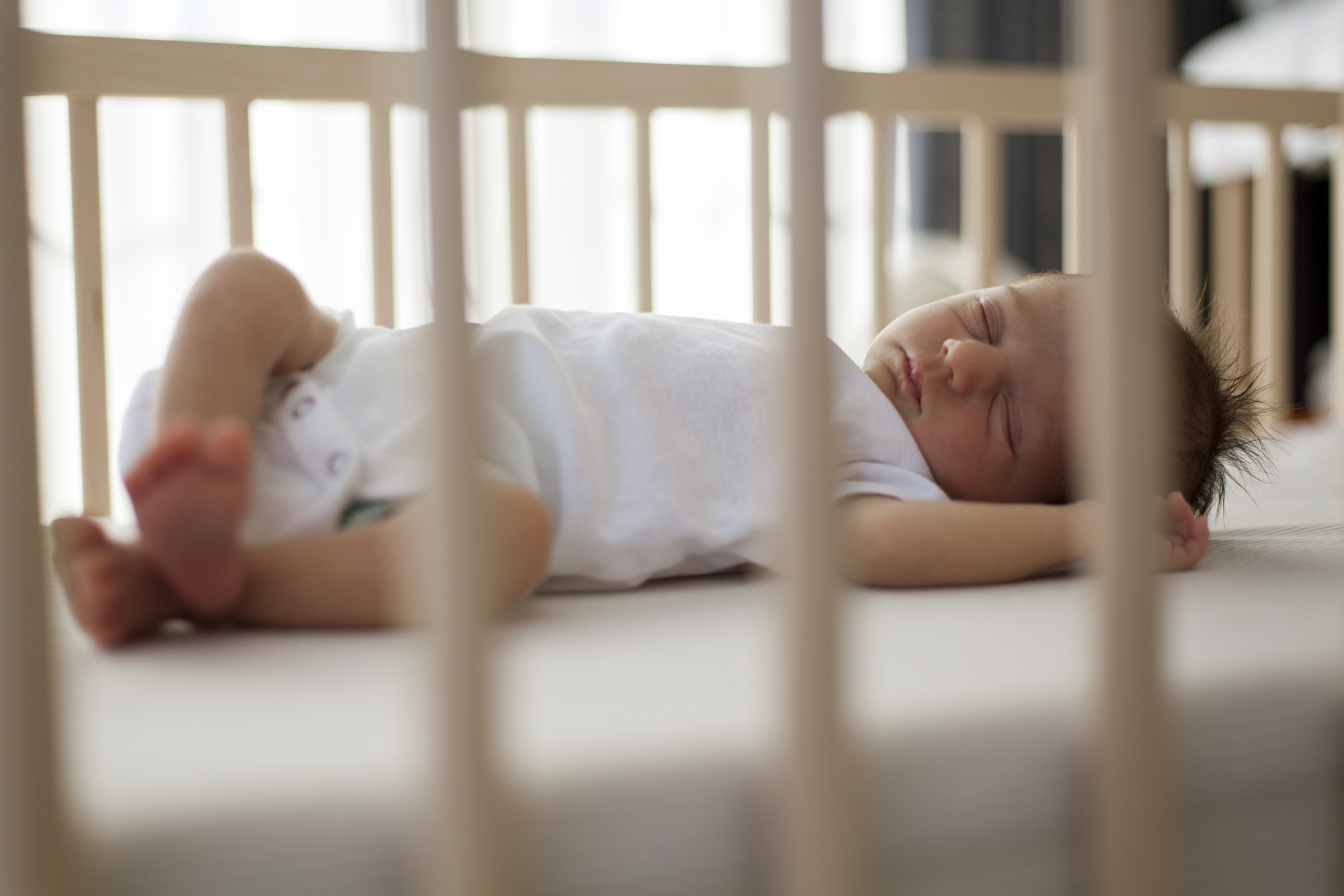Mental Health Academy
We recognise that mental and physical health are contingent upon each other. Long-term illness has severe and lasting mental ramifications both for the patient and those around them. Equally, poor mental health affects our physical wellbeing making life even more difficult.
It is also clear that keeping our mental health in balance is important across every aspect of our lives. That is why we represent our work which seeks to understand how and where we live influences how we feel, act and react as cutting across each of our Challenge Academies.
This can be in relation to how loneliness is experienced by stroke survivors and how this affects their interaction with rehab (Brain, body and behaviour academy) to mental health issues in our Youth Academy (CRIVA). However, mental health is also interrelated with our other cross-cuts such as Race, Culture and Inequality and Work for example.
Our focus allows us to find ways to mitigate poor mental health whilst also understanding what supports our mental health and builds resilience both as individuals and in our communities.
Some projects we are involved in include:
 |
Parental mental health and baby sleep: gaps in policy and practice |
|---|
Parental mental health is a public health crisis costing £8.1bn per year. Despite recent efforts to prioritise funding for maternal mental health, policy regarding support during early parenthood has lacked integration, and over-looked prevention. Disrupted sleep and fatigue are common challenges for parents in their baby’s early life, yet both are absent from antenatal and postnatal care pathways, as well as early-life programmes, with patchy support across services.
Research conducted at Durham University’s Infancy and Sleep Centre found that sleep disruption and fatigue during their baby’s first-year affected parents’ mental health, emotional stability, relationships, and ability to accomplish responsibilities within and outside the home. Parental inability to cope with sleep disruption also had repercussions for infant health, safety, and responsive care. Moreover, primary care and front-line staff lacked evidence-based knowledge, training and tools to confidently support parents struggling to cope with normal infant sleep.
Our ‘Sleep, Baby and You’ approach offers a training solution for practitioners and a support programme for parents that joins-up parental mental health needs with responsive infant care, emphasising the importance of integrated policies and care pathways for parents and infants.
To know more:
Visit the Sleep, Baby & You project website. The website provides resources for parents, as well as tools and training for practitioners. Developed by Professor Helen Ball and Dr Catherine Taylor (Durham University Infancy & Sleep Centre) and Dr Pam Douglas (Possums Education).


/prod01/prodbucket01/media/durham-university/research-/research-institutes/wolfson-research-institute/60056.jpg)
